Israel's wars: is an end in sight – or is this just the beginning?
Lack of wider strategic vision points to 'sustained low-intensity war' on multiple fronts
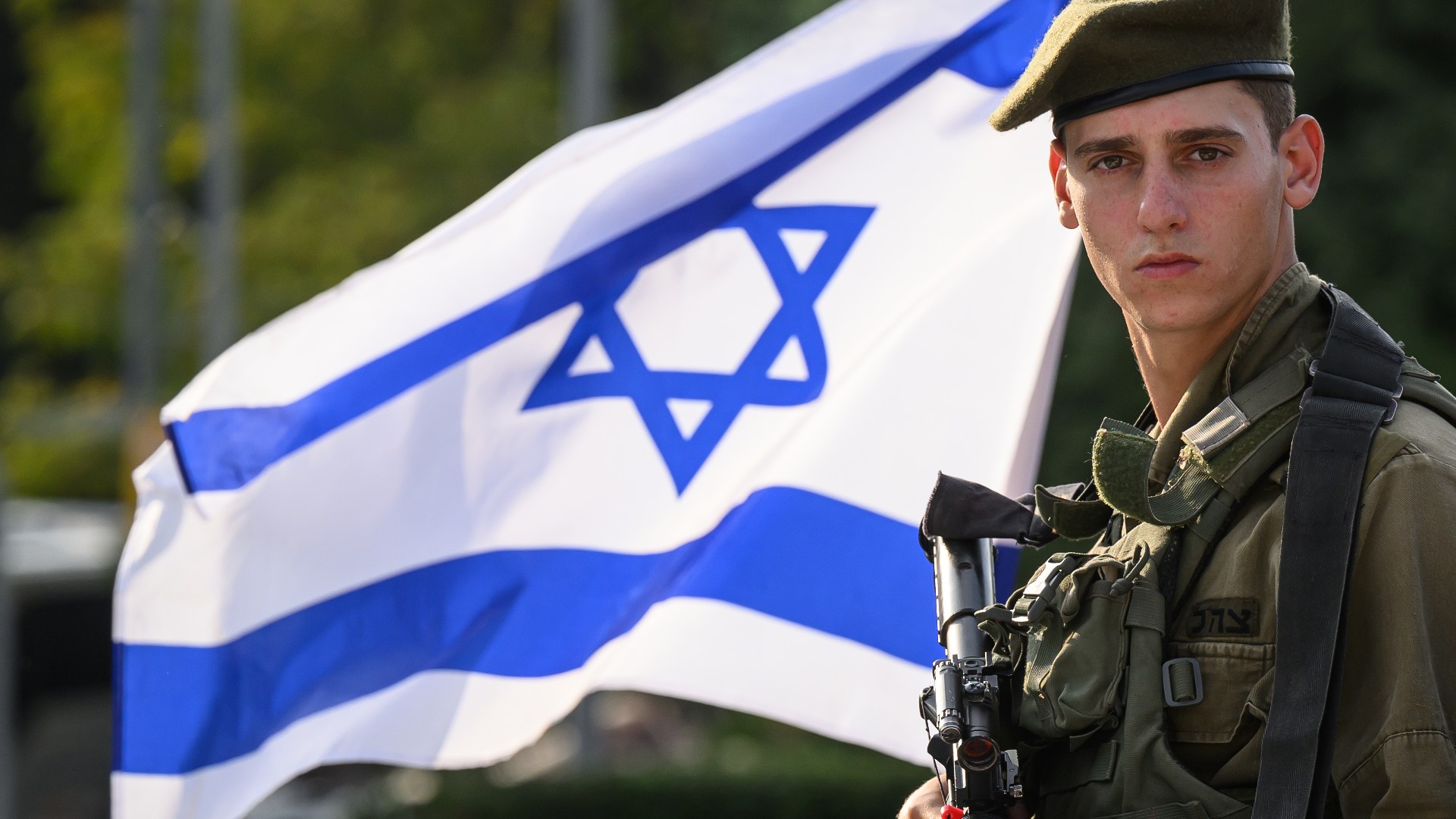
A free daily email with the biggest news stories of the day – and the best features from TheWeek.com
You are now subscribed
Your newsletter sign-up was successful
Exactly one year on from Hamas's deadly attack on 7 October it is Israel that is now looking to reshape the Middle East by force.
Despite repeated attempts by US, Egyptian and Qatari diplomats to negotiate a ceasefire and hostage release deal, the conflict in Gaza remains "unresolved" and peace between Israelis and Palestinians seems "less likely than ever", said Foreign Policy.
With Israel now turning its focus towards Lebanon and Iran, the region is "on the edge of an even worse war; wider, deeper, even more destructive", said the BBC's Jeremy Bowen.
The Week
Escape your echo chamber. Get the facts behind the news, plus analysis from multiple perspectives.

Sign up for The Week's Free Newsletters
From our morning news briefing to a weekly Good News Newsletter, get the best of The Week delivered directly to your inbox.
From our morning news briefing to a weekly Good News Newsletter, get the best of The Week delivered directly to your inbox.
What did the commentators say?
With Gaza effectively in ruins and Hamas depleted – if not yet defeated – Israel's pivot towards Hezbollah and Iran "makes sense", said M.L. deRaismes Combes and John Nagl from the US Army War College in Foreign Policy.
Yet "looking at the conflict another way, the Hamas war is only in its infancy". The militant group might suffer "attrition in the short term" but the "manner in which Israel achieves any such pyrrhic victory has in reality already created the next generation of Hamas or Islamic Jihad or whatever other group feels pushed to the brink of despair and anger".
Military experts agree that it is difficult for Israel to achieve a decisive victory against Hamas or Hezbollah. "Things seem to be headed in the direction of a sustained low-intensity war," said the Atlantic Council's Ahmed Fouad Alkhatib in Foreign Policy. In such a scenario, a "steady rhythm of strikes, incursions, attacks, guerrilla warfare, assassinations, and an overall game of whack-a-mole will be a daily occurrence instead of the high-intensity tempo that was characteristic of the first months of the war".
The last year has "seriously exposed Israel's newly minted operational doctrine", which planned for "short decisive" conflicts against non-state actors and avoiding extended wars, said The Guardian. "Instead, the opposite has happened." This has raised "serious questions" as to whether Israel has "any clearer vision for its escalating conflict with Iran".
A free daily email with the biggest news stories of the day – and the best features from TheWeek.com
What next?
At the moment Israel is "not seeking a diplomatic off-ramp", said Dalia Dassa Kaye in Foreign Affairs. "It is looking for total victory." If this means an "escalation and tactical military successes against Hezbollah and Iran, then Israel has indeed succeeded". But this is an "ephemeral victory" that "carries unpredictable costs and outcomes, and it appears uncoupled from any serious momentum toward peace with the Palestinians – Israel's most serious existential challenge".
Some hawks in Israel and the US have begun talking openly about a complete reordering of the Middle East by force. The last time this was contemplated seriously was 20 years ago in the wake of the 9/11 terror attacks and the allied invasion of Iraq. This "did not purge the Middle East of violent extremism", said Bowen. "It made matters worse.
"The priority for those who want to stop this war should be a ceasefire in Gaza. It is the only chance to cool matters and to create a space for diplomacy. This year of war started in Gaza. Perhaps it can end there too."
Elliott Goat is a freelance writer at The Week Digital. A winner of The Independent's Wyn Harness Award, he has been a journalist for over a decade with a focus on human rights, disinformation and elections. He is co-founder and director of Brussels-based investigative NGO Unhack Democracy, which works to support electoral integrity across Europe. A Winston Churchill Memorial Trust Fellow focusing on unions and the Future of Work, Elliott is a founding member of the RSA's Good Work Guild and a contributor to the International State Crime Initiative, an interdisciplinary forum for research, reportage and training on state violence and corruption.
-
 9 products to jazz up your letters and cards
9 products to jazz up your letters and cardsThe Week Recommends Get the write stuff
-
 AI surgical tools might be injuring patients
AI surgical tools might be injuring patientsUnder the Radar More than 1,300 AI-assisted medical devices have FDA approval
-
 ‘Zero trimester’ influencers believe a healthy pregnancy is a choice
‘Zero trimester’ influencers believe a healthy pregnancy is a choiceThe Explainer Is prepping during the preconception period the answer for hopeful couples?
-
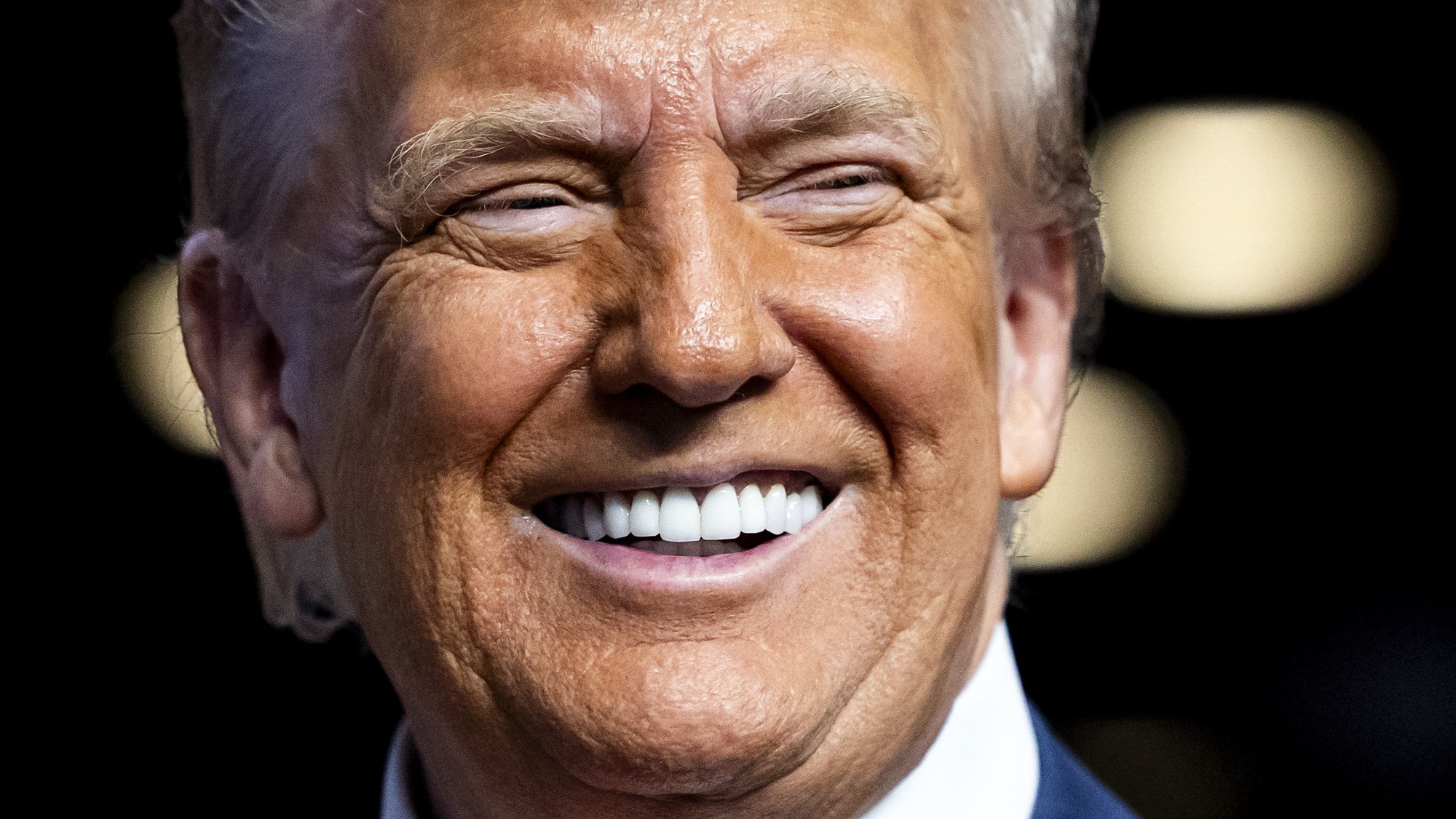 How long can Nato keep Donald Trump happy?
How long can Nato keep Donald Trump happy?Today's Big Question Military alliance pulls out all the stops to woo US president on his peacemaker victory lap
-
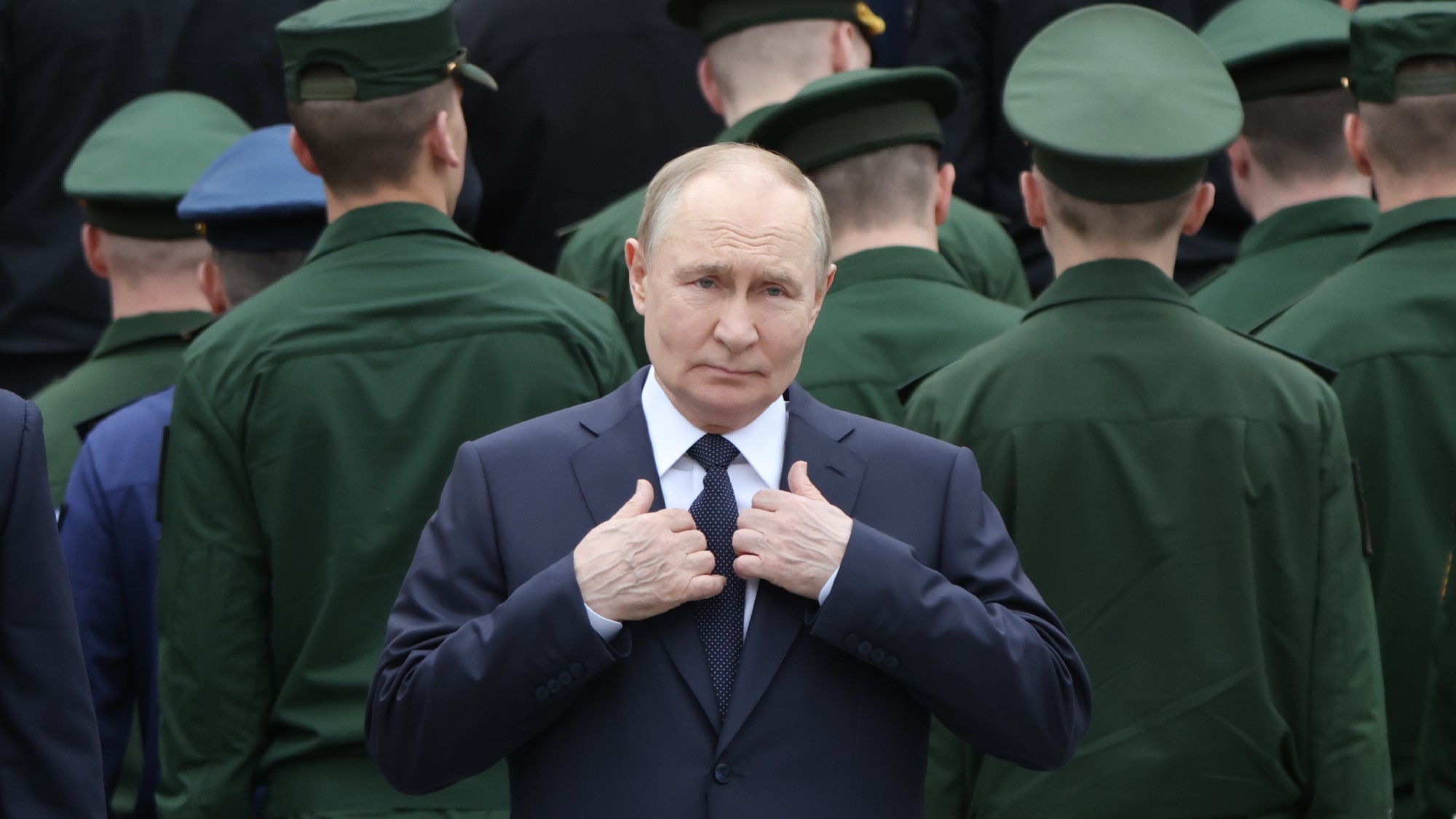 How far would Russia go for Iran?
How far would Russia go for Iran?Today's Big Question US air strikes represent an 'embarrassment, provocation and opportunity' all rolled into one for Vladimir Putin
-
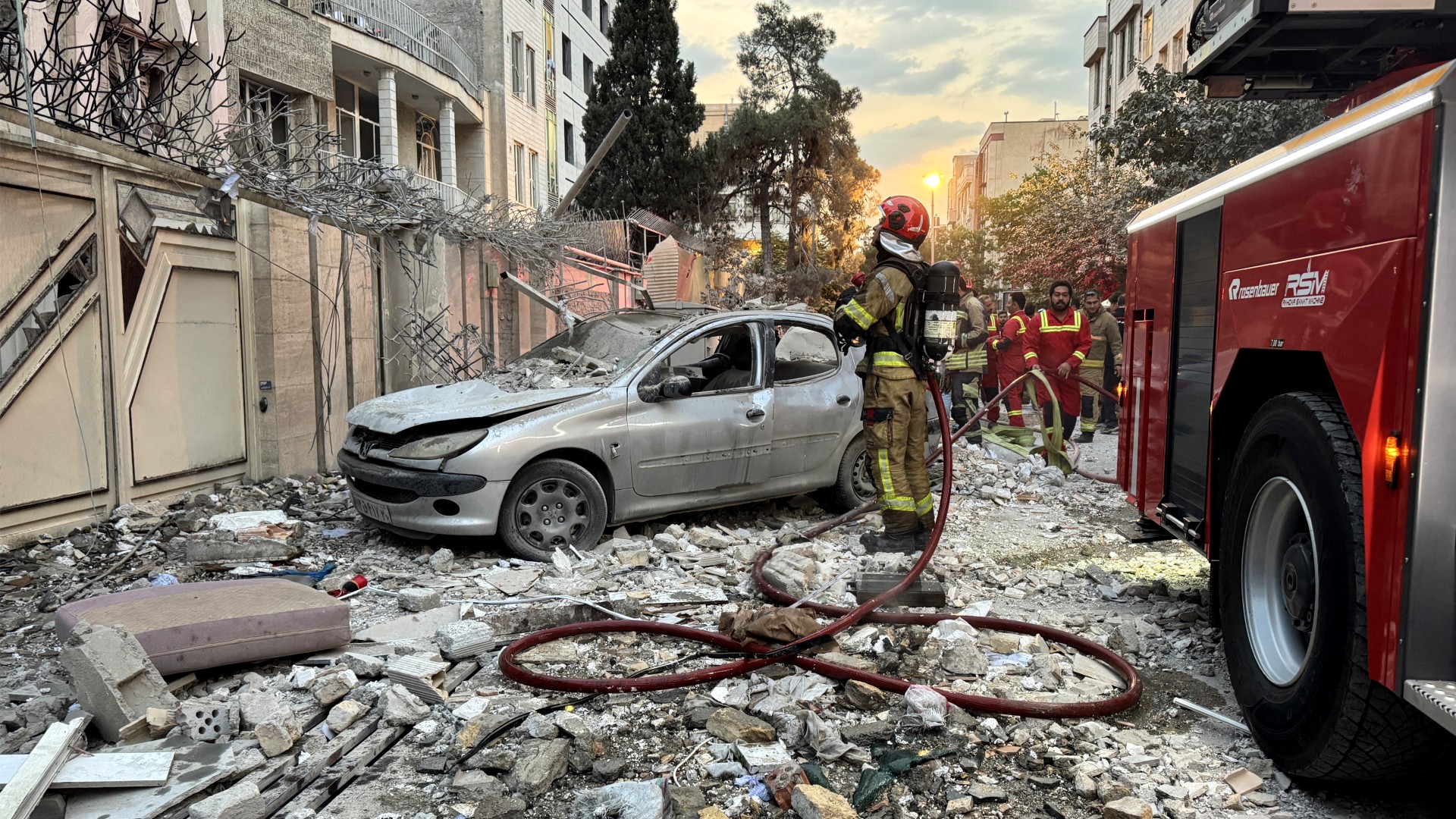 How the Israel-Iran conflict broke out
How the Israel-Iran conflict broke outThe Explainer Israel's strike on Iran's nuclear and missile programmes was years in the planning
-
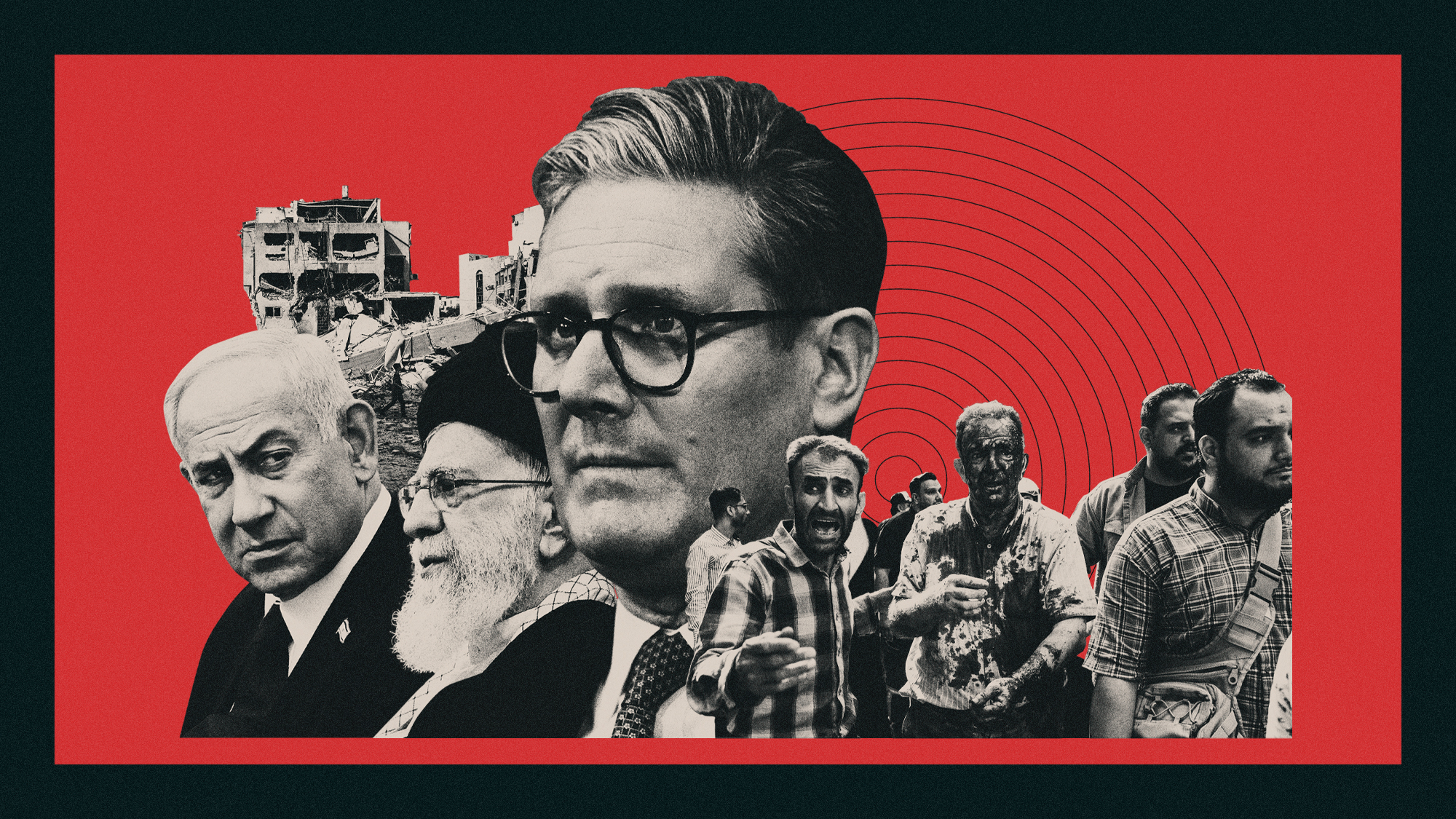 Will the UK get involved in the Israel-Iran conflict?
Will the UK get involved in the Israel-Iran conflict?Today's Big Question Keir Starmer is 'walking a tightrope' in helping Israel limit Tehran's nuclear capabilities without being seen to do so
-
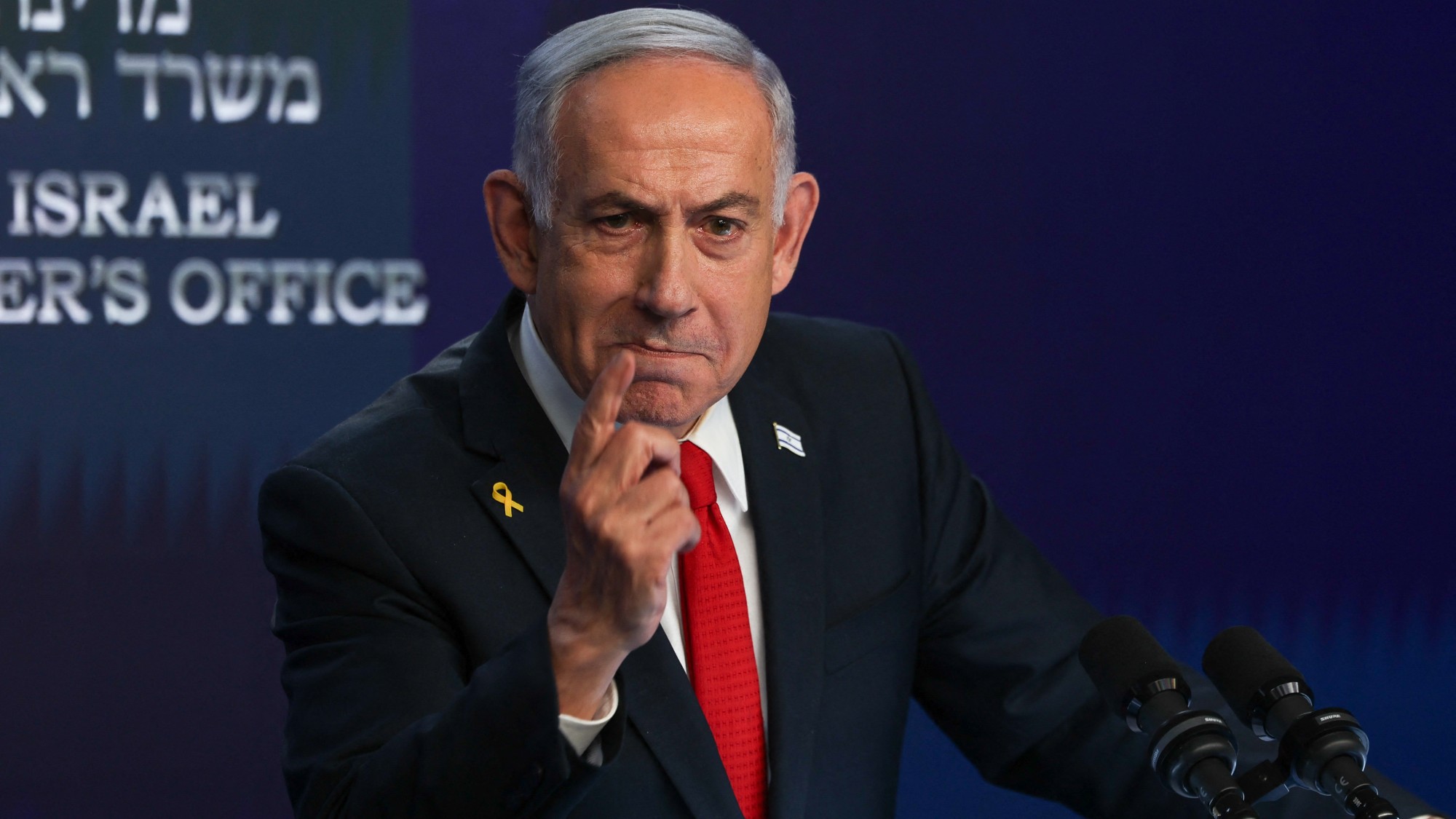 What happens if Israel attacks Iran?
What happens if Israel attacks Iran?TODAY'S BIG QUESTION Israel is 'ready to strike' and Tehran has plans for counterattacks against the US as nuclear talks appear deadlocked
-
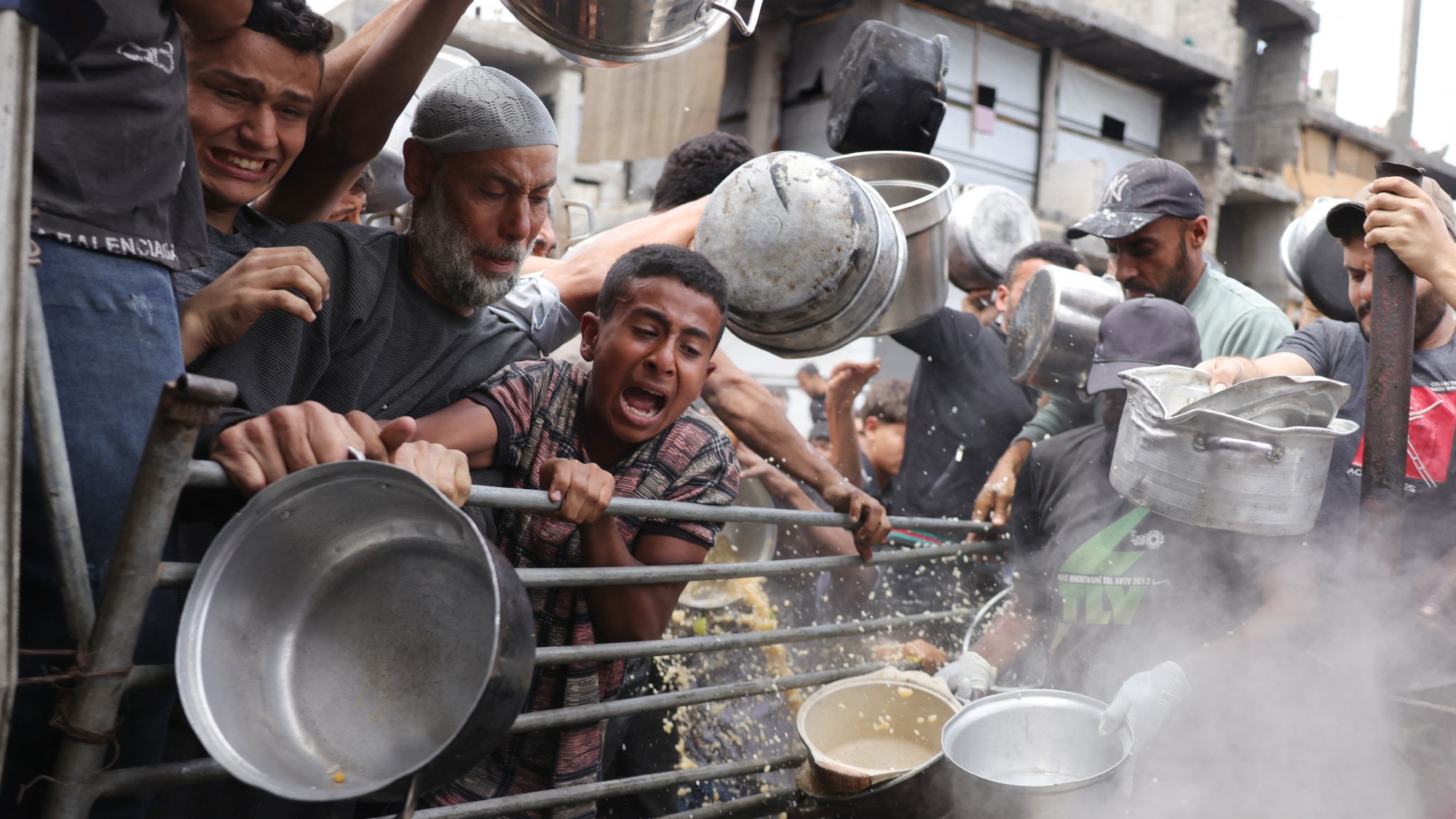 Is Israel finally feeling the heat on Gaza?
Is Israel finally feeling the heat on Gaza?Today's Big Question Benjamin Netanyahu allows aid to resume amid mounting international pressure and growing internal turmoil
-
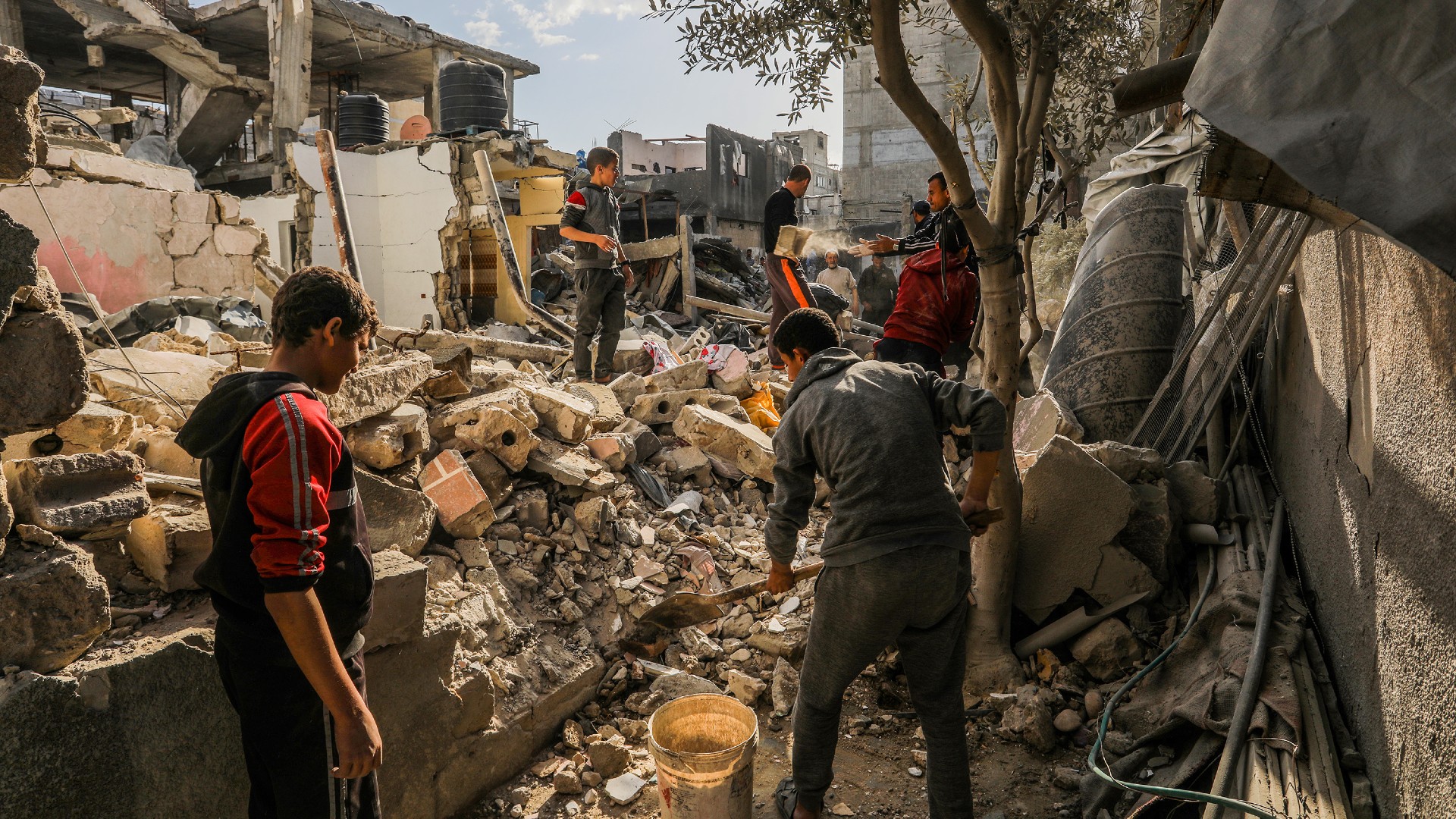 Israeli air strikes in Gaza: why has ceasefire collapsed?
Israeli air strikes in Gaza: why has ceasefire collapsed?Today's Big Question Start of 'broader and more sustained military operation' denounced by domestic groups representing hostage families
-
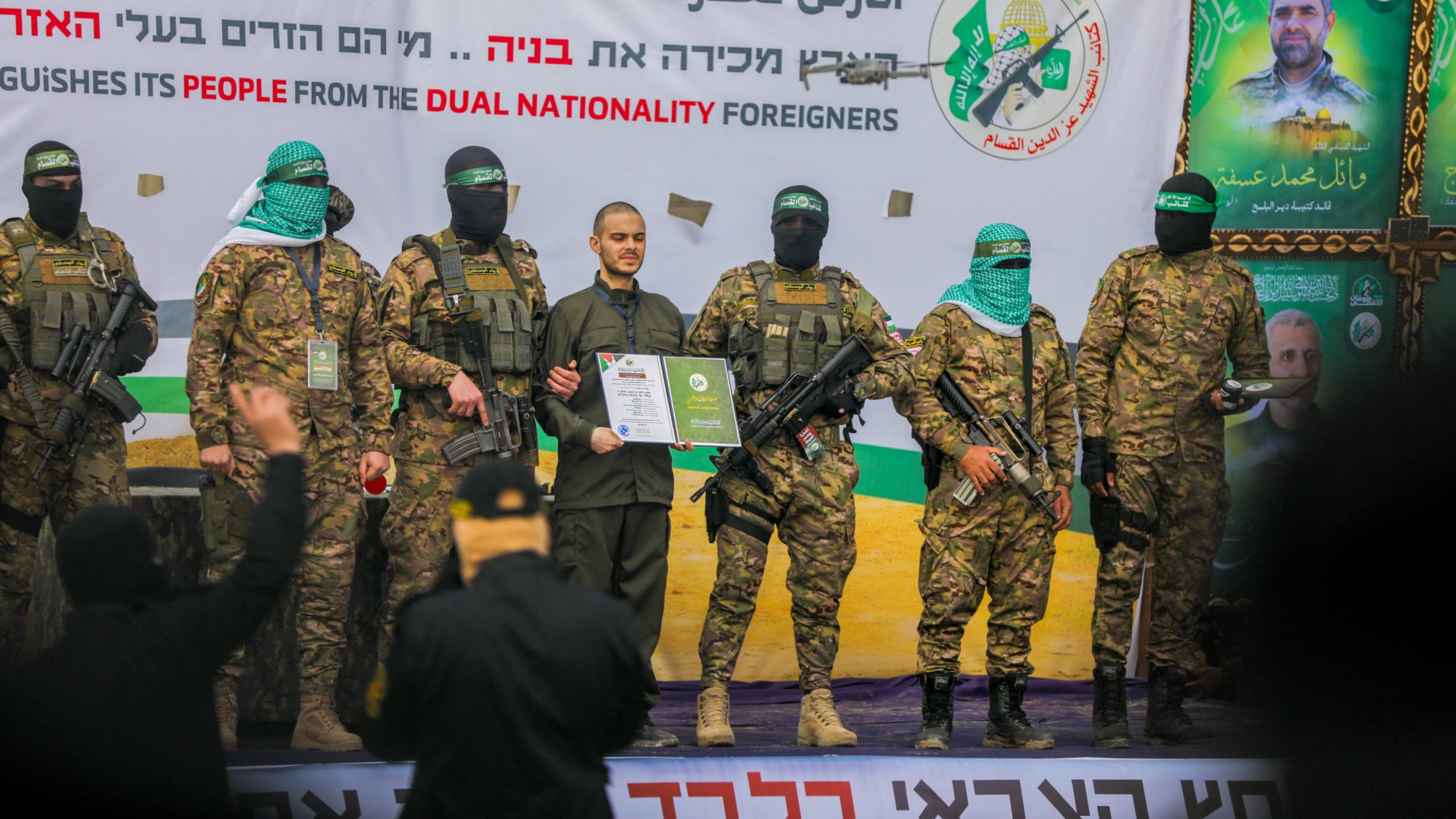 Is Gaza ceasefire deal about to fizzle out?
Is Gaza ceasefire deal about to fizzle out?Today's Big Question Israel and Hamas accuse each other of deliberately breaking first phase of the fragile truce, which is set to expire on Saturday